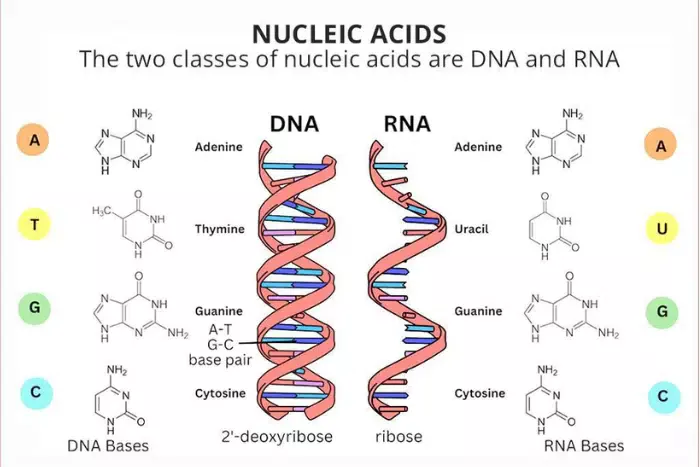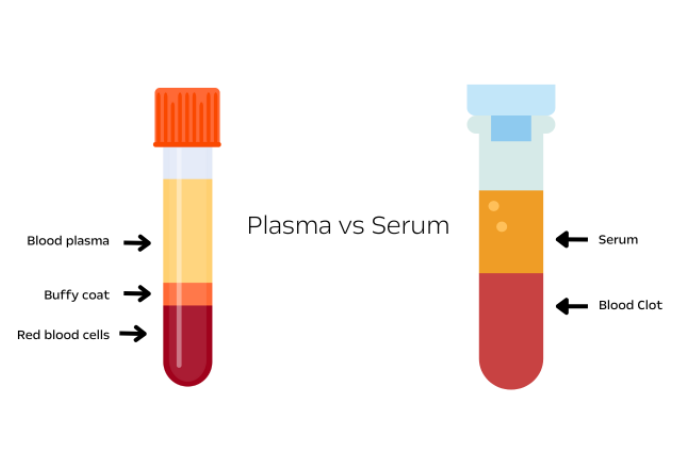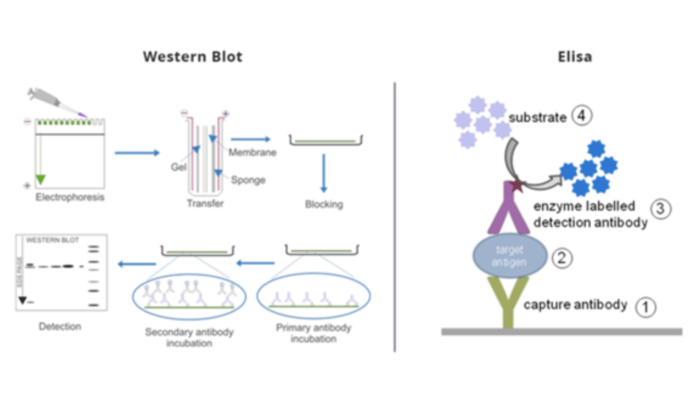Blog
What are the different types of Nucleic Acid Extraction Techniques in molecular diagnostics?

In 1953, an important discovery of the double helix structure of deoxyribonucleic acid (DNA) by James Watson, Rosalind Franklin and Francis Crick made huge waves in medical science. The study of DNA structure has since inspired many advancements in genetic science, especially in the field of molecular diagnostics or testing. Over two decades, the study…
Serum or Plasma: What are their uses, and which is better for research purposes?

Blood and serum are two of the most essential components of blood. While both comprise the liquid elements of the connective tissue that is blood, they differ in many ways and have various applications in medical research. We know that blood extraction and collection is a common routine, one which enables us to: understand and…
COMPOSITION OF BLOOD AND ITS FUNCTIONS

Fact: There are around 5 litres of blood in the average human adult body, though this can vary depending on various factors. During pregnancy for example, a woman may have 30 to 50% more blood than women who are not pregnant. Blood accounts for approximately 7/8% of the total weight of the human body. We…
ALL YOU NEED TO KNOW ABOUT HUMAN PAPILLOMAVIRUS: SYMPTOMS AND PREVENTION

WHAT IS HUMAN PAPILLOMAVIRUS INFECTION? Human Papillomavirus (HPV) is a common, sexually transmitted infection (STI) that is easily transmitted during sexual contact. Most Human Papillomavirus or HPV infections will disappear with no treatment, but few variants of the virus can cause genital or anal warts or even lead to cancer. HPV cannot be treated by…
ELISA vs western blot: a comparison of two common immunoassays

In biomedical research, the word “immunoassay” is common terminology. That there are different types of immunoassays is common knowledge for someone working in a laboratory. What is an immunoassay? Immunoassay is a technique that evaluates the presence and concentration of a macromolecule in a given solution with the help of antibody-antigen interaction or…

